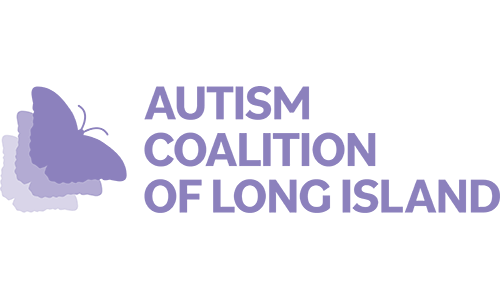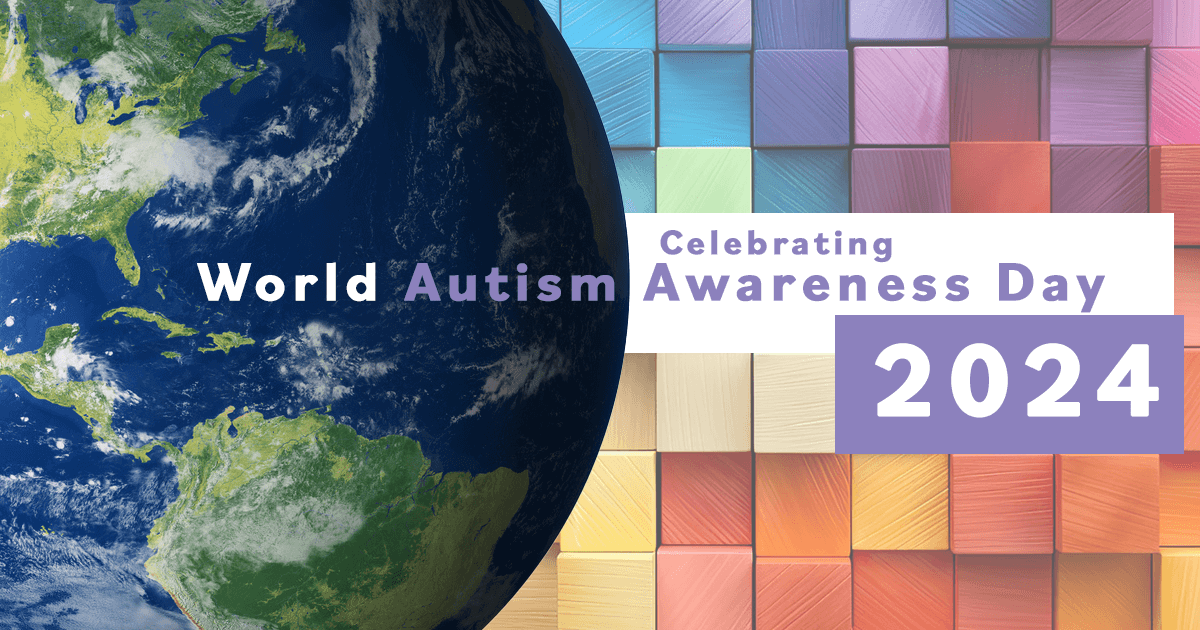From PsychCentral:
As children with autism spectrum disorder (ASD) approach adulthood, milestones such as leaving school, finding jobs, and living alone can be extremely stressful experiences. In a new study, researchers from the University of Missouri (MU) analyzed the perspectives of adolescents with autism to identify the unique challenges they face as they “age out” of services. The new findings highlight the need for social workers and providers to continue assisting young people with autism as they transition to adulthood.
“The challenges of living independently, gaining employment, attaining postsecondary education, and building social relationships are greater for adolescents and young adults with autism,” said Nancy Cheak-Zamora, assistant professor of health sciences in the MU School of Health Professions.
“It is vital that professionals are prepared to assist with the transition, and that they have insight into adolescent and caregiver experiences during the difficult time of transitioning to adulthood.”
For the study, the researchers analyzed the reported experiences of adolescents with autism and their caregivers. They identified three main areas of stress that regularly impact autism families: challenges in accessing services, difficulties with adapting to transition changes, and managing multiple responsibilities and higher education challenges.
One of the study participants, a caregiver named Mary, related how the autism center in her community offered no support once children with autism leave home. She said that she wishes that services would increase during this period; but instead, once children reach a certain age, it becomes much more difficult to find help.
The researchers also found that caregivers and adolescents used a variety of strategies to help cope with the stress of transitioning to adulthood with autism. Some of their main forms of support included the following: accessing community support; receiving support from friends, family and teachers; and creating opportunities for self-determination, such as making independent choices and setting goals.
“For families who are experiencing a lack of available services for their adolescent with ASD, social workers can collaborate in forming family groups that advocate for more services for individuals living with autism into adulthood,” said Jennifer First, a doctoral candidate in the MU School of Social Work.
“Social workers should assist families with the coordination of essential services such as medical treatment, mental health supports, independent living, respite care, college support, and enhanced vocational support.”
According to the latest data from the Centers for Disease Control and Prevention, one in 45 children is diagnosed with autism.
The study, titled “A qualitative study of stress and coping when transitioning to adulthood with autism spectrum disorder,” was published in the Journal of Family Social Work.
Read more from PyschCentral…




